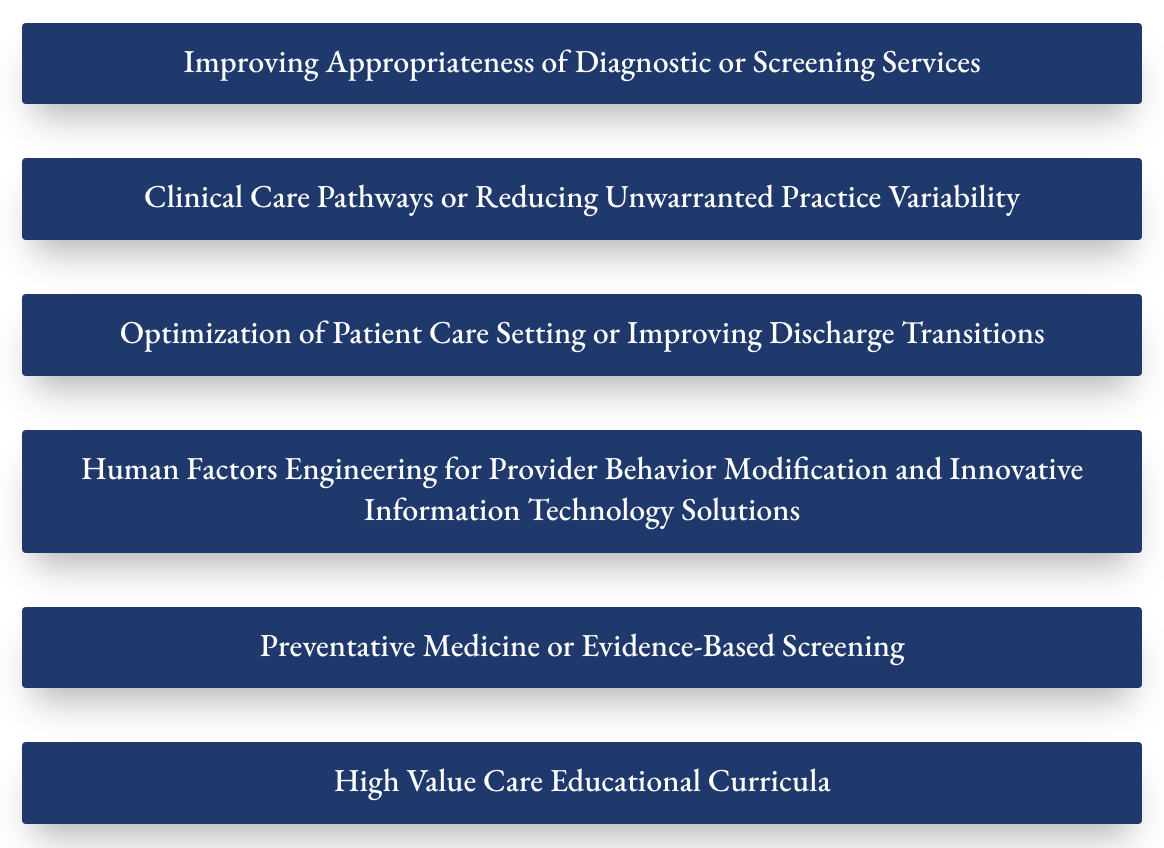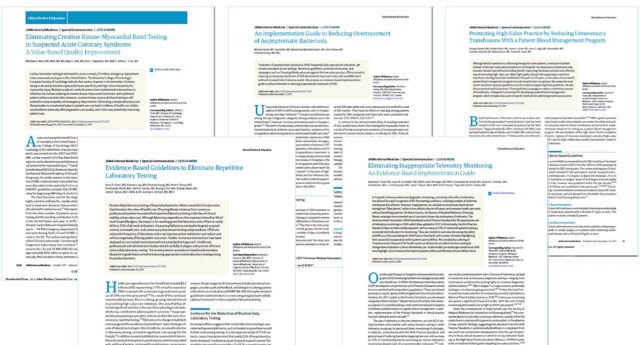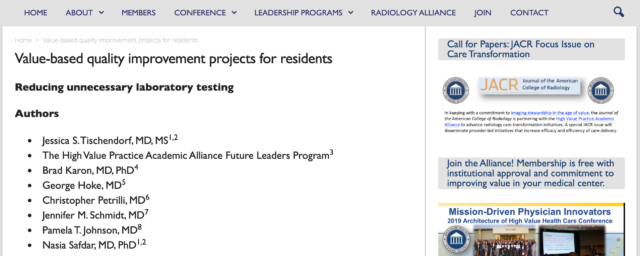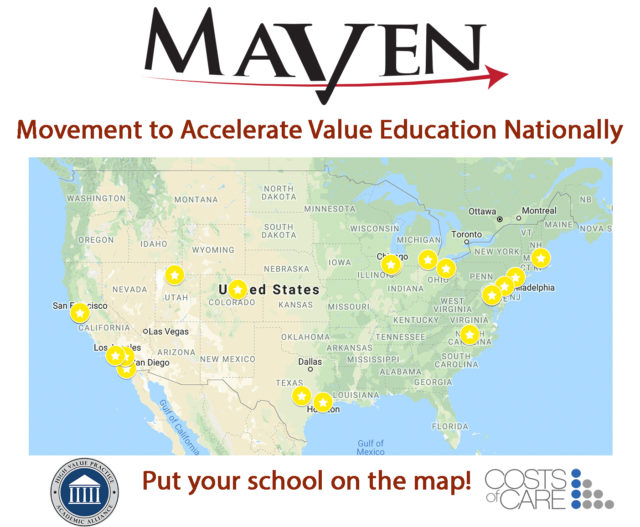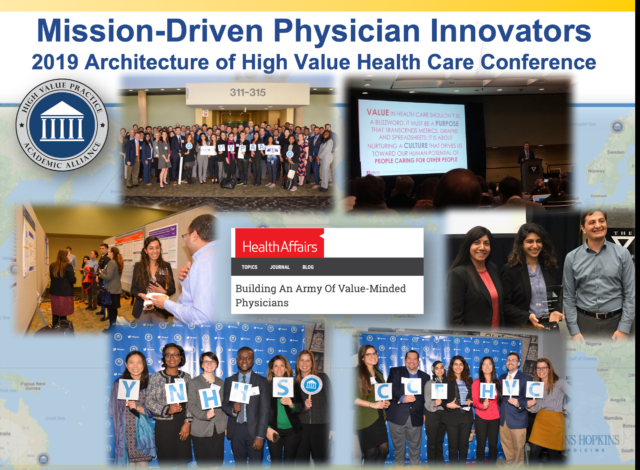From the 2018 HVPAA National Conference
Mark Nunnally (NYU Langone Health), Nicole Adler (NYU Langone Health), William Winfree (NYU Langone Health), Joseph Lowy (NYU Langone Health), Katherine Hochman (NYU Langone Health), Frank Volpicelli (NYU Langone Health), Prashant Sinha (NYU Langone Health), Robert Press (NYU Langone Health)
Background
Many patients at the end-of-life receive high-intensity therapies without a change in outcome. In spite of evidence that goals emphasizing comfort are appropriate, many providers continue to pursue aggressive therapies out of misunderstanding or moral distress.
Objectives
To close knowledge, skill, and emotional gaps regarding realignment of care goals in decompensating, end-of-life patients.
Methods
We explored the sources of conflict in our institution regarding end-of-life care, uncovering uncertainties about achievable goals, specialist support, and ways to frame conversations about pending mortality and the probabilities of care changing outcome. Particularly compelling was the moral distress arising from patient or surrogate requests that “everything” be done. We created scripts and educational sessions for our hospitalists and trainees to help address knowledge and skill deficits, and encouraged open discussions about emotional concerns. Seven educational sessions were held for hospitalists at our Manhattan and Brooklyn campuses. Each session was focused on a unique topic and hosted by respective subject matter experts in the fields of palliative cate, critical care, general internal medicine, surgery, ethics, and legal. Sessions were supported with scripting materials, live role play, and open discussions on key topics relating to end-of-life care. Attendees were surveyed about their comfort with various activities relating to providing end-of-life care before and after the series.
Results
Attendance varied between sessions and included approximately 15 hospitalists from across our Manhattan and Brooklyn campuses. When given a pre-series survey to assess comfortability with end-of-life care delivery, on a 5-point Likert scale asking about comfort level the average scores at the Manhattan and Brooklyn campuses went from 4.0 to 4.4, with five being most comfortable.. Further, all respondents indicated that they intended to incorporate changes into their practice based on the series. Qualitative discussions during the sessions were more informative. Frequently, issues concerning realistic and achievable goals elicited anxieties about legal and ethical implications of denying requests for aggressive therapies. Another issue settled on resolving conflicts with patients or surrogates. Group discussions affirmed the need for a framework for discussions, and elicited a supplementary session on ethics and medicolegal aspects of end-of-life care.
Conclusion
We observed improved comfort amongst our hospitalists in direct contrast to our qualitative observations of the post-learning discussions. This contrast highlights the socialization of anxieties through formal dismissal but affirmation in a more causal, discursive setting. This contrast highlights a need to bridge emotional and professional gaps in knowledge, skills and emotions. Our education and applied intervention are valid initial efforts to emphasize awareness of the issues and map ways to improve them.
Implications for the Patient
This curriculum and tools create a better environment for expectations around the end-of-life. Changes in our hospitalists’ attitudes about end-of-life discussions set the tone for care that matches achievable goals. Scripts help providers address their own anxieties and moral distress while productively confronting conflicts with patients and surrogates.
